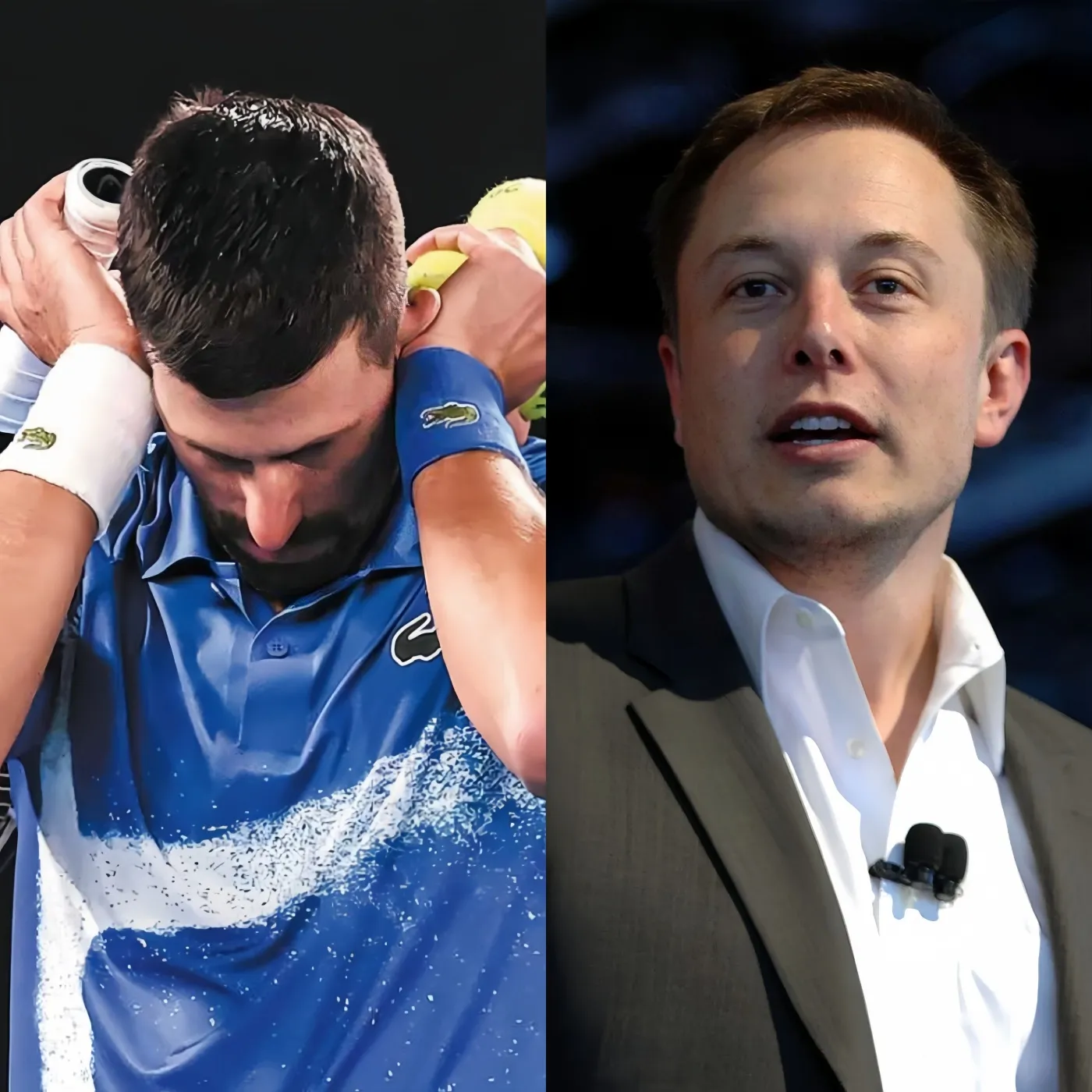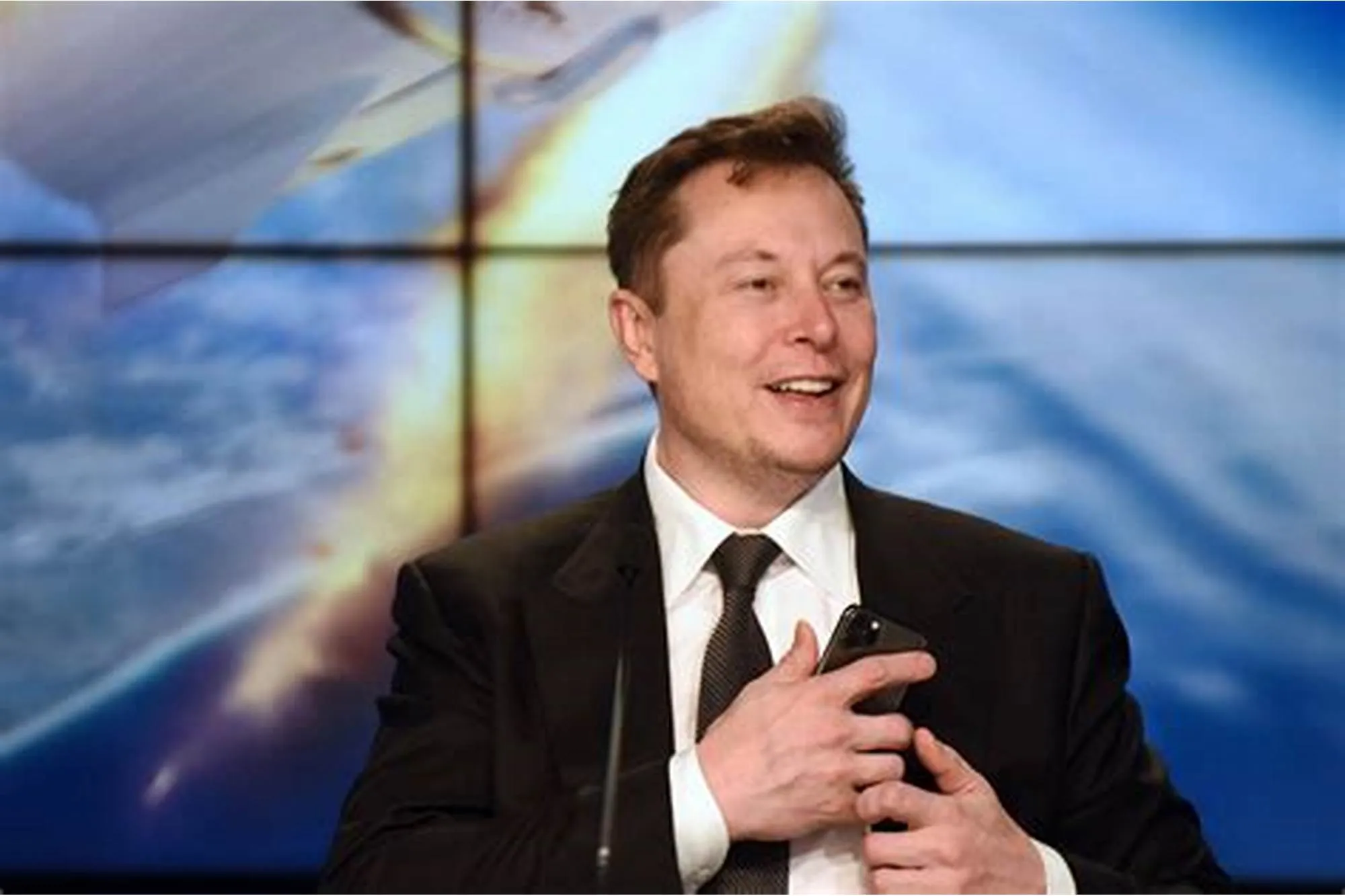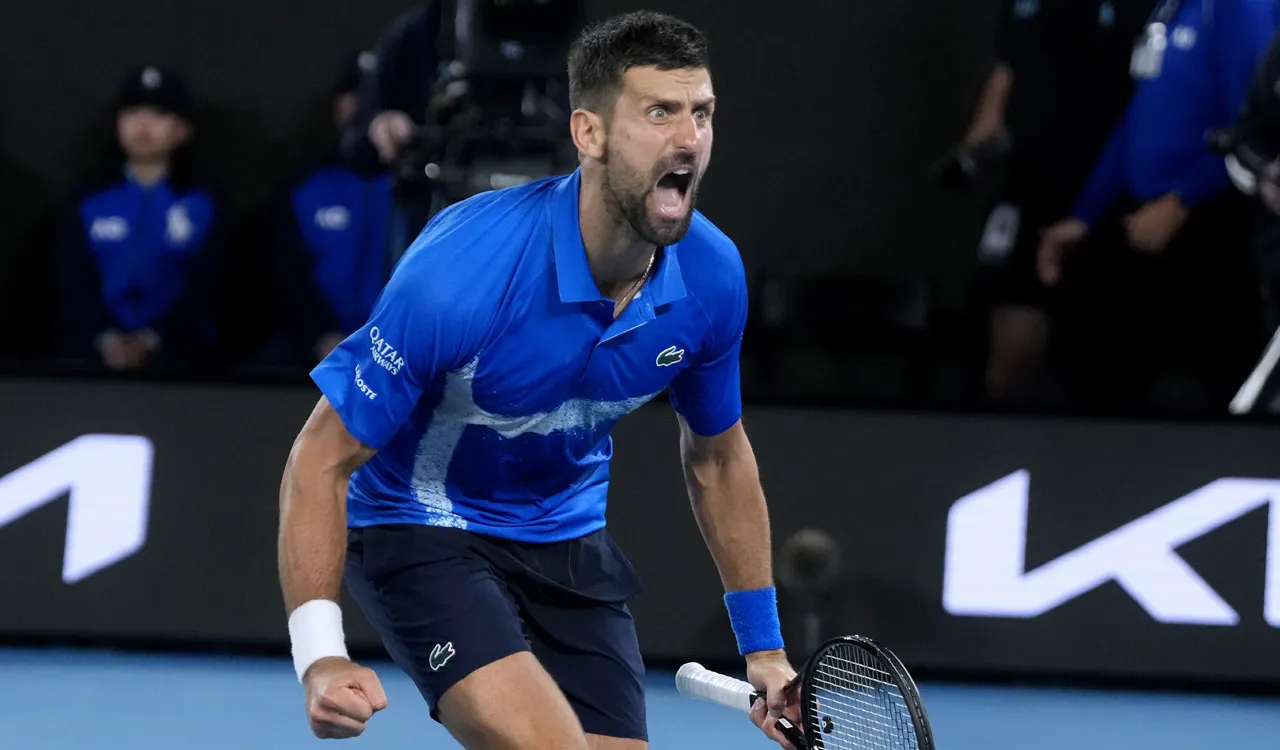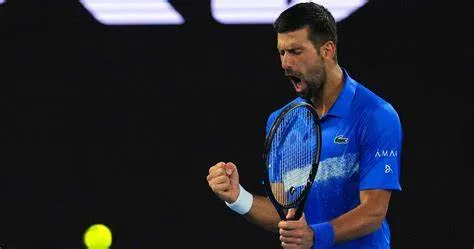
In a fresh twist to the ongoing Australian Open drama, Elon Musk has once again stirred the pot by adding fuel to the fire surrounding Novak Djokovic’s interview boycott. Musk, never one to shy away from controversy, took to social media to publicly tear into what he referred to as “legacy media” after Djokovic, the Serbian tennis legend, refused to participate in certain interviews during his campaign in the tournament.
The saga began when Djokovic made headlines earlier this week by deciding to boycott interviews with specific media outlets, citing personal grievances and a perceived bias in their coverage. Djokovic’s stance, which many saw as a form of protest against what he called unfair treatment by some media outlets, was met with mixed reactions from fans, players, and media figures alike. While some applauded the tennis star for standing up to what he viewed as an unjust portrayal of his character, others criticized him for refusing to engage with the press.

Musk, who has been outspoken on various topics related to media freedom, took to Twitter to voice his opinion on the matter. In a series of posts, he expressed his support for Djokovic’s decision, claiming that the media’s treatment of the tennis star was part of a larger pattern of biased reporting. He went on to criticize what he called “legacy media,” a term often used by Musk to refer to traditional media outlets that he believes have lost credibility in the age of social media and online platforms.
“It’s incredible how the legacy media continues to distort the narrative and try to control the narrative around athletes like Novak. They’ve lost the trust of the people, and this is exactly why platforms like Twitter and others are rising,” Musk wrote. He went on to argue that journalists and media outlets that perpetuate bias and sensationalism should not be given the platform to dictate public opinion.

Musk’s comments have only added to the controversy surrounding Djokovic’s decision, fueling the ongoing debate over the role of media in shaping public perception. His support of Djokovic, while welcomed by some, has been met with criticism from others who believe that athletes should remain accountable to the press and the public, regardless of personal disputes.
The Australian Open, one of the sport’s most prestigious events, has now become the focal point for a broader conversation about the intersection of sports, media, and celebrity. With the tennis world focused on Djokovic’s performance and the media’s treatment of him, Musk’s involvement has only amplified the debate. His comments about the media landscape have prompted further discussions about the changing role of traditional news outlets and their influence on both public opinion and the careers of public figures.

As the Australian Open continues, all eyes remain on Djokovic and his interactions with the media. Will his boycott continue to garner support, or will the pressure from fans, journalists, and tournament officials force him to reconsider? And how will Musk’s comments impact the ongoing relationship between media outlets and high-profile athletes?
One thing is clear: Elon Musk’s involvement has added a new layer of drama to an already contentious situation, and it remains to be seen how this will unfold in the coming days. The tennis world and media industry alike are now engaged in a heated conversation about accountability, bias, and the power of social media in shaping the future of sports coverage.